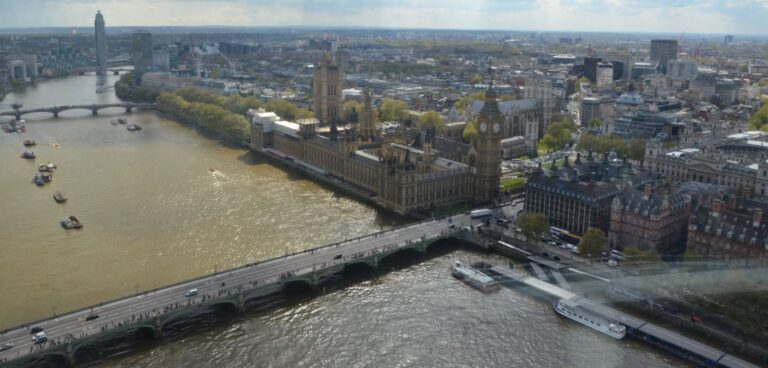Transport for London (TfL) has shelved plans to install permanent anti-terror barriers or ‘Hostile Vehicle Mitigations’ on bridges throughout the capital due to financial constraints, according to reports.
Committee board papers acquired by The Evening Standard stated that TfL will no longer go ahead with several planned projects due to the reduced funding available during 2022/23.
An inquest following the London Bridge terror attack in 2017 concluded that permanent safety barriers should be installed on the eight bridges in central London as soon as possible.
Earlier this year, Westminster Bridge became the first to have permanent mitigations installed in the form of “heritage-style bollards” that separate motor traffic from cyclists and pedestrians.
Plans to install similar permanent barriers on other central London bridges have now been halted, as TfL estimated that such work would cost around £35m.
London Assembly member Caroline Pidgeon said it was “bitterly disappointing” that the “vital work” is no longer going to go ahead and that “proper maintenance of London bridges is being compromised”.
“Ugly concrete blocks, often eating into bus lanes, are not the long term solution to delivering public safety and the effective use of London’s bridges, especially for cyclists, taxis and bus users,” she said.
“The temporary measures on Tower Bridge have also contributed to problems with drainage and the bridge becoming seriously flooded last year. Doing nothing is simply kicking this essential safety work into the long grass.”
Mayor of London, Sadiq Khan, had previously warned that works on London Bridge, Tower Bridge and Blackfriars Bridge was “uncertain” until a funding agreement could be reached with the Department for Transport and the owners of the bridges. TfL had agreed to fund 50% of the cost.
Judge Mark Lucraft, who oversaw the London Bridge attack inquest as chief coroner in 2019, wrote at the time that “funding disputes between public bodies would not be a satisfactory reason for delay in the planning and installation work”.





